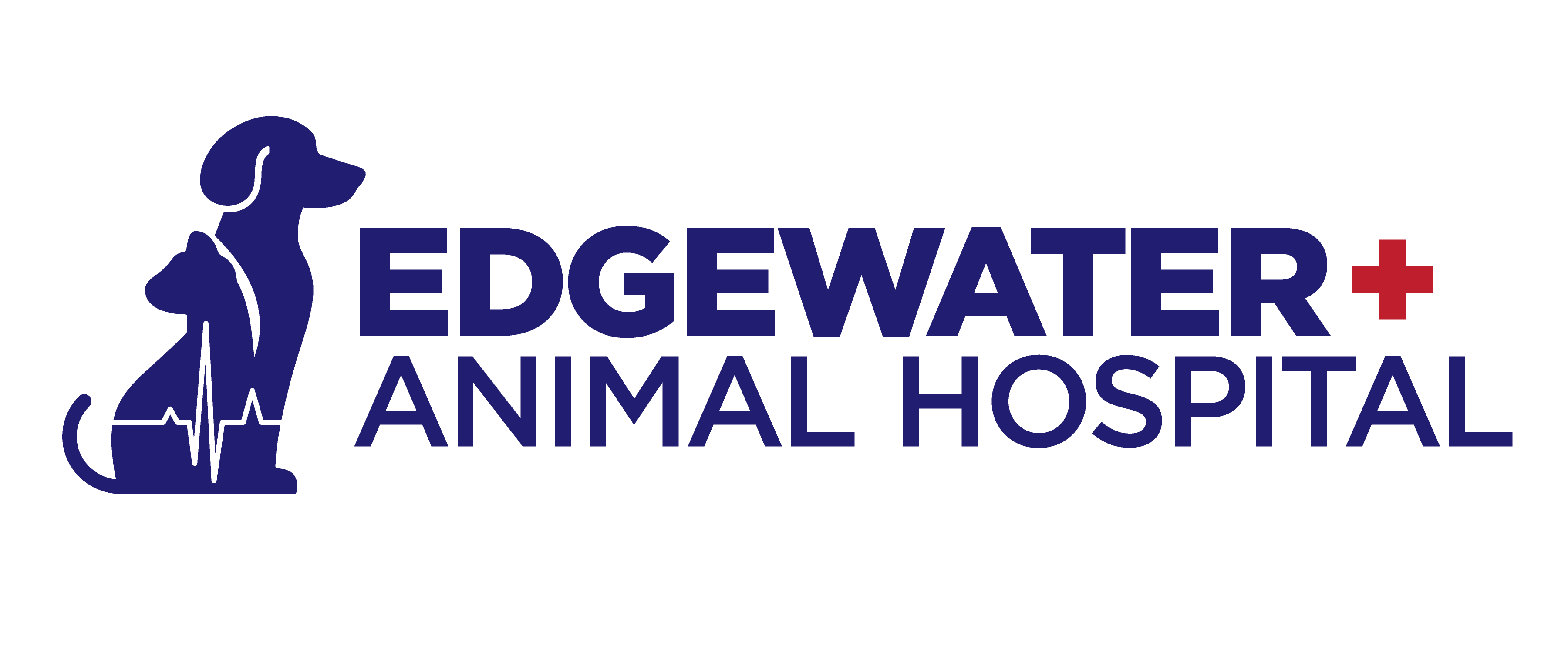Signs Your Dog or Cat May Be in Pain
We know you want what’s best for your cats and dogs, and the thought of them in pain likely takes an emotional toll on you. Since our pets can’t verbalize pain, they’ll display various behavioral and physical characteristics indicating something wrong.
Knowing the signs associated with your pets’ discomfort will help you navigate their health and keep them pain-free.
Although the signals vary by pet, the severity of their discomfort, and the underlying cause of their symptoms, this post details the most common signs that your dog or cat may be experiencing pain.
Behavioral Signs That May Mean Your Pet is in Pain
Cats and dogs are unique, just like people. Some love a cuddle, some ignore you, some only want to play, some are more inclined to sleep. You know your pet, so you should always pay attention when they show uncharacteristic behavior patterns.
Below are some common behavioral signs that your cat or dog may be in pain:
- Changes in activity: an increase in rest or lethargy, or conversely, increased restlessness or pacing
- Lack of interest: a reduced interest in playing, grooming, or interacting with people or other pets
- Appetite changes: decreased appetite or a sudden loss of interest in food
- Vocalizations: whining, whimpering, meowing, or yowling that is out of the ordinary
- Aggression or irritability: unusual aggression, growling, or snapping, especially when touched or approached
- Hiding: seeking out secluded spots or hiding more often than usual
- Changes in sleep patterns: sleeping more or less than usual or struggling to find a comfortable sleeping position
Unusual behavioral patterns could just be the start of your pet’s health decline and lead to heightened physical pain and a more serious injury, so pay attention and listen to your instincts. If you think your pet is acting unusual, call your Alpharetta veterinarian for an appointment right away.
Physical Signs That May Mean Your Pet is in Pain
Physical signs of your pet’s discomfort come in many forms, so be on the lookout for any of the following:
- Limping or favoring a limb: obvious lameness or difficulty in putting weight on a limb
- Stiffness or difficulty moving: reluctance to move, difficulty in rising, or stiffness when moving
- Decreased grooming: neglecting grooming habits, leading to a scruffy or unkempt appearance
- Changes in posture: an arched back, hunched appearance, or a tucked tail
- Swelling or visible injury: swollen or painful areas, wounds, cuts, or bruises
- Changes in breathing: rapid or labored breathing that seems abnormal
- Sensitivity to touch: flinching, growling, or other signs of discomfort when touched in certain areas
- Changes in facial expression: dogs might appear tense, with a tight-lipped expression, while cats might have dilated pupils or a more tense face
- Excessive panting: panting that is unrelated to heat or exercise
These new behavioral patterns and physical impairments can be telling, so head to your local veterinarian when you notice them. Working with your vet will ensure your pet gets the necessary services to feel better, and you’ll gain invaluable peace of mind regarding your pet’s health.
Visit Our Alpharetta Animal Hospital for Your Pet’s Safety, Comfort, & Health
Even if you get routine check-ups for your dog and cat, they may find themselves injured. Since their only way of communicating their discomfort is through behavioral and physical oddities, it’s up to us to stay vigilant.
Pets can be masters at masking their pain, so it’s important to be attentive to any changes in their behavior, activity level, or physical condition. If you suspect your pet is injured, please reach out.
Our team will conduct a thorough examination, diagnose the underlying issue, and recommend appropriate treatment options to help your furry friend feel better.
Contact us to make an appointment, and let’s get your pet moving safely and comfortably again.
Experience The Best Veterinary Care Alpharetta Has to Offer
Phone: (470) 545-0771
Fax: (470) 468-0143
team@edgewateranimalhospital.com
Hablamos Español!
6195 Windward Parkway
Suite 109
Alpharetta,GA 30005
